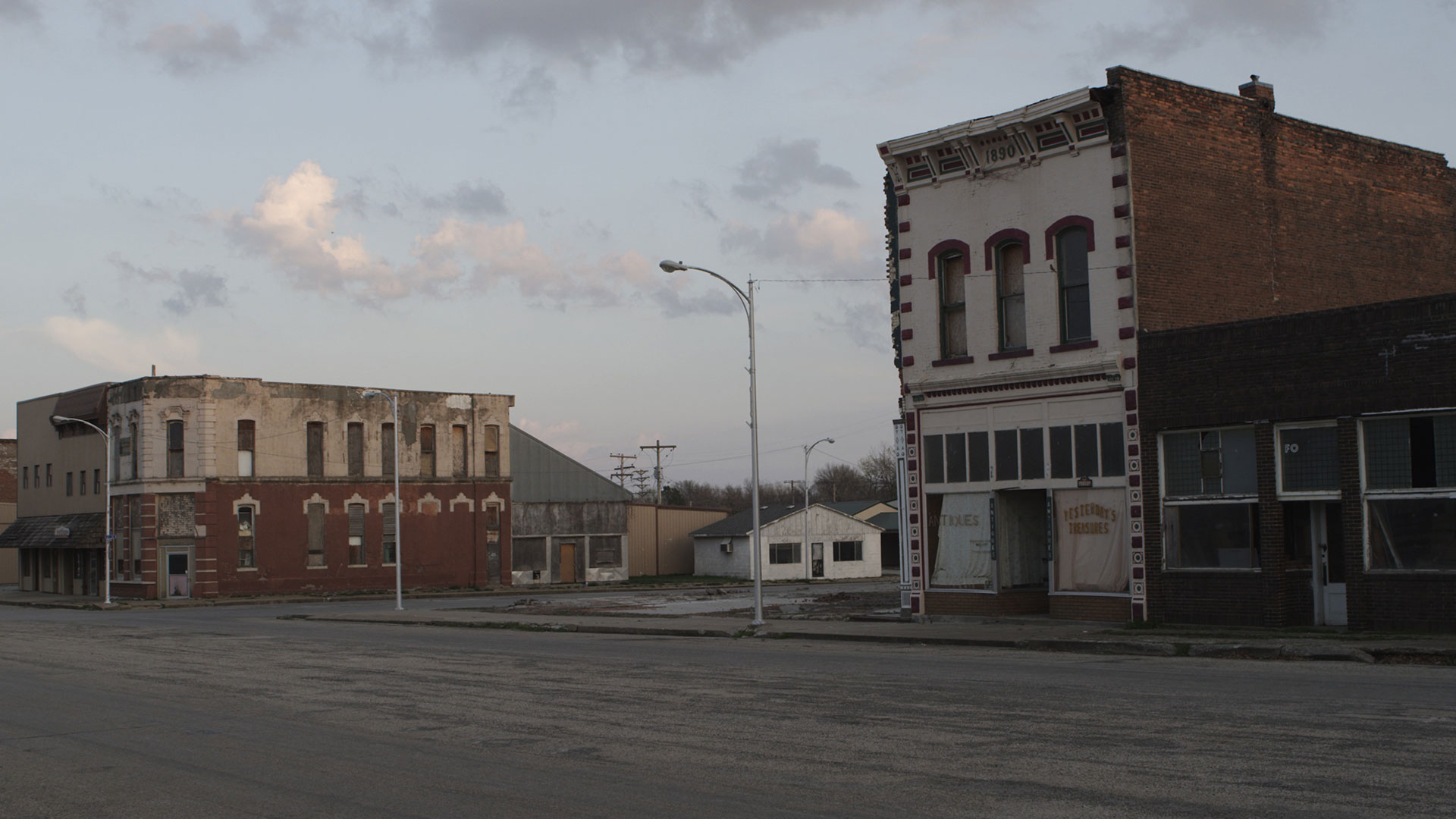(…)
Q
THE WHITE REVIEW
— You’ve talked about very specific historical anxieties you’ve inherited from your parents (who are Croatian and Iranian immigrants). They fled fascism and were divested of wealth but raised you to be very rich in culture. What was it like growing up in Newton and how did your family fit in there?
A
OTTESSA MOSHFEGH
— Well, my parents are both violin teachers, and in a sense, that was how I think my parents related to the culture – as musicians and educators. But I’m in the middle of three siblings and I learned a lot from my big sister, who was my hero growing up – very rebellious and sort of counter-culture. So I did not grow up in mainstream America, I guess. I didn’t play sports, although I wish I did, it probably would have been good for me. I always felt estranged from the place I grew up, but part of something less nationalistic and more human – my family culture, which was primarily art-based.
Q
THE WHITE REVIEW
— It comes to mind because many of your characters – or, McGlue and Johnson and Eileen – are characters that are deeply imprinted by but also alienated from New England and its culture. Is there a connection for you between the sort of openness in your writing about ‘grotesque’ exterior functions of the body and socially unacceptable interior functions of the mind?
A
OTTESSA MOSHFEGH
— Well, yes, because I think both are things that aren’t openly acceptable in quote-unquote civilised society. At least in the culture that I’ve known, we’re meant to feel like there’s something really wrong with us if we don’t look healthy and beautiful all the time, and if we’re having negative thoughts, then we’re not good people and that has to be corrected. And there are industries that work on both sides of that to make people look young and beautiful all the time and to make people feel right and think right and act right all the time. But you know, other cultures aren’t like that. Like, other cultures embrace things that we might think of as evil, or a power that might scare us, or something transgressive or more mysterious. But I think, at least in America… I mean, we come from Puritans, who were totally psycho and stole the country really violently from a Native culture that was probably pretty violent too. Americans don’t really live in lily-white cookie-cutter societies, but I think the way that Christianity has worked in the government has instilled a sense of God as the authority that spies on you and controls the world, more Big Brother than anything else. Growing up, I didn’t totally understand where the sense of the terrifying authority that was always watching me came from, and it was probably a brainwashed conception of God. You know, like, do the right thing, ’cause you’re gonna get in trouble, and what’s the consequence, you’ll go to hell. I’m not a Christian but that entered me through osmosis and it took 36 years for that concept to dissipate. Actually, I’m still working on that.
Q
THE WHITE REVIEW
— That’s an extensive period of unbrainwashing.
A
OTTESSA MOSHFEGH
— And the way that that manifested for me was in the ways that it manifests for my characters quite often. Feeling ashamed of having a mortal body, and feeling like, ‘I must be crazy.’ Like, either I’m crazy, or everybody else is crazy, because what the fuck is going on here, you know? Just as simple as walking down the street and seeing someone suffering and begging for help, and people walking by on their cell phones. How are we doing that? How are we so shut off that this is the way that things work? And this is the way it’s worked for thousands of years, I’m sure. It’s not like we’re all benevolent creatures, but we pride ourselves on being good, and, I don’t know, I question that in my work.
Q
THE WHITE REVIEW
— Do you think that people in general are as weird as the people in your stories?
A
OTTESSA MOSHFEGH
— I think that there are some people who are boring by nature and maybe placid. You know, people vibrate at all different frequencies. I vibrate at a – I would say – a high and neurotic but spiritual frequency, with a lot of anxiety but a lot of passion. And I think my characters do that too, sometimes. I think that there are also some people who were never given the freedom to individuate as children so they didn’t really develop personalities or strategies for coping with the world which would make them interesting. So I don’t blame people for being boring, but I don’t want to write about boring people. Sometimes I attempt to and what I uncover is that they’re boring because they’re really repressed.
(…)


